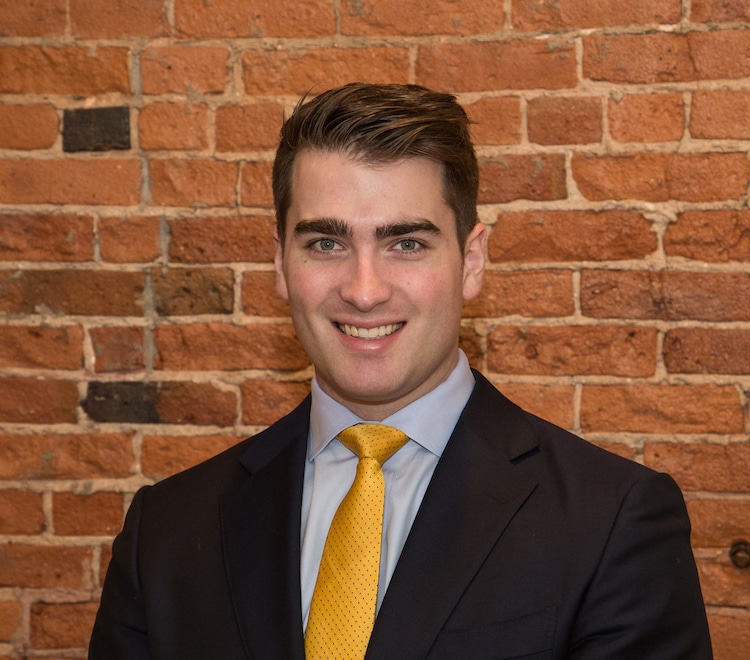
As a financial planner, navigating the realm of charitable giving strategies in tandem with tax planning is both an art and a science. The synergy between philanthropic intentions and financial efficacy underscores the importance of understanding the nuances of public and private charities and their treatment concerning tax benefits.
In this article, I’ll share insight into effective charitable giving and tax planning strategies, as well as discuss how to navigate the complexities of philanthropy while optimizing your financial benefits through informed planning.
Public vs. Private Charities and Tax Treatment
Public charities, such as the Red Cross, UNICEF, and local food banks, serve the public interest and often have a broader impact. Private foundations, like the Bill & Melinda Gates Foundation, tend to be donor-directed and may support specific causes or organizations. Tax treatments for gifts to these entities vary significantly. A major example is the distinction between a donation to a public university (public charity) and a private family foundation.
For instance,
- Public charities & taxes
Donations to public charities often allow for a more significant tax deduction, generally up to 60% of adjusted gross income (AGI) for cash donations and up to 30% for appreciated assets.
- Private charities & taxes
Contributions to private foundations may have lower deductibility limits, usually capped at 30% of AGI for cash and 20% for appreciated assets.
Annual Gifting and Retirement Account Strategies
Choosing what assets to donate and when to gift them are key considerations for personal tax benefits. This is especially important in recent years with multiple rule changes regarding the tax treatment of giving. Below is a list of key facts to consider as part of your charitable gifting plans:
- Bunch your charitable gifts
The deduction for charitable gifts is no longer available to taxpayers who use the standard deduction. Instead of making small gifts each year, consider bunching multiple years’ worth of gifts into one so the amount may be sufficient to use as an itemized deduction. - Know your cause
Determine if the organizations you wish to support are considered public or private charities first. - Leverage asset types for benefits
The choice of asset type for donations can yield distinct tax advantages. Donating appreciated assets like stocks with significant embedded capital gains could offer dual benefits. Donors can avoid capital gains tax on the appreciation while still claiming a deduction for the full current market value of the asset.
Longer-Term Strategies: Trusts, Estate Planning, and Balancing Objectives
For those considering more intricate, longer-term planning, various charitable trusts like Charitable Remainder Trusts (CRTs) or Charitable Lead Trusts (CLTs) offer both estate and income tax benefits.
- Charitable Remainder Trusts (CRTs) provide income to beneficiaries for a set period, after which the remaining assets are distributed to the designated charity, thus potentially reducing estate tax.
- Charitable Lead Trusts (CLTs) generate an income stream to charities for a specified time, subsequently passing the remaining assets to heirs, potentially minimizing gift and estate taxes.
Balancing charitable goals with efficient wealth transfer to heirs involves thoughtful estate planning. By leveraging strategies like gifting through trusts, individuals can support charitable causes while securing financial legacies for loved ones. Ensuring alignment with spousal transfer objectives and the transfer of wealth to heirs involves a meticulous balance and strategic planning.
In conclusion
Effective charitable giving and tax planning demand a comprehensive understanding of the diverse strategies available. Whether focusing on near-term contributions or delving into longer-term trust and estate planning, a harmonious blend of philanthropic intent and financial acumen can create a lasting impact while optimizing tax benefits for both donors and their heirs. As always, it’s prudent to consult with a financial advisor or tax professional to craft a personalized plan aligned with individual goals and circumstances.
At Winthrop Partners, our clients are preparing for their golden years, but also interested in preserving a legacy for future generations. As a trusted advisor, we look out for the well-being of our clients and build a portfolio that aligns with their personal goals. As a fee-only fiduciary, we take pride in helping you work through your options and assist in managing your choices. Whether you need help with retirement planning, investment management, or tax planning, we’re here to help you create a long term plan that works in your best interest.
If you’re looking for an investment advisor to help you build a giving strategy that maximizes the impact of your donation for your charitable organization, book a meeting or give us a call.
Disclosures:
The views, opinions, and content presented are for informational purposes only. They are not intended to reflect a current or past recommendation; investment, legal, tax, or accounting advice of any kind; or a solicitation of an offer to buy or sell any securities or investment services. Nothing presented should be considered to be an offer to provide any product or service in any jurisdiction that would be unlawful under the securities laws of that jurisdiction. All investments involve risk, including the possible loss of some or all of the principal amount invested. Past performance of a security or financial product does not guarantee future results. Investors should consider their investment objectives, risks, and risk tolerances carefully before investing. The Firm has made every attempt to ensure the accuracy and reliability of the information provided, but it cannot be guaranteed.

Ryan Carney is a Partner at Winthrop Partners. With nearly 10 years of experience in financial services, Ryan began his career with Fidelity Investments and First Niagara Financial Group. In 2018 he was named by Buffalo Business First’s as a “30 under 30” honoree. He earned his B.S. in Economics from Bowdoin College and is a Certified Financial Planner.
